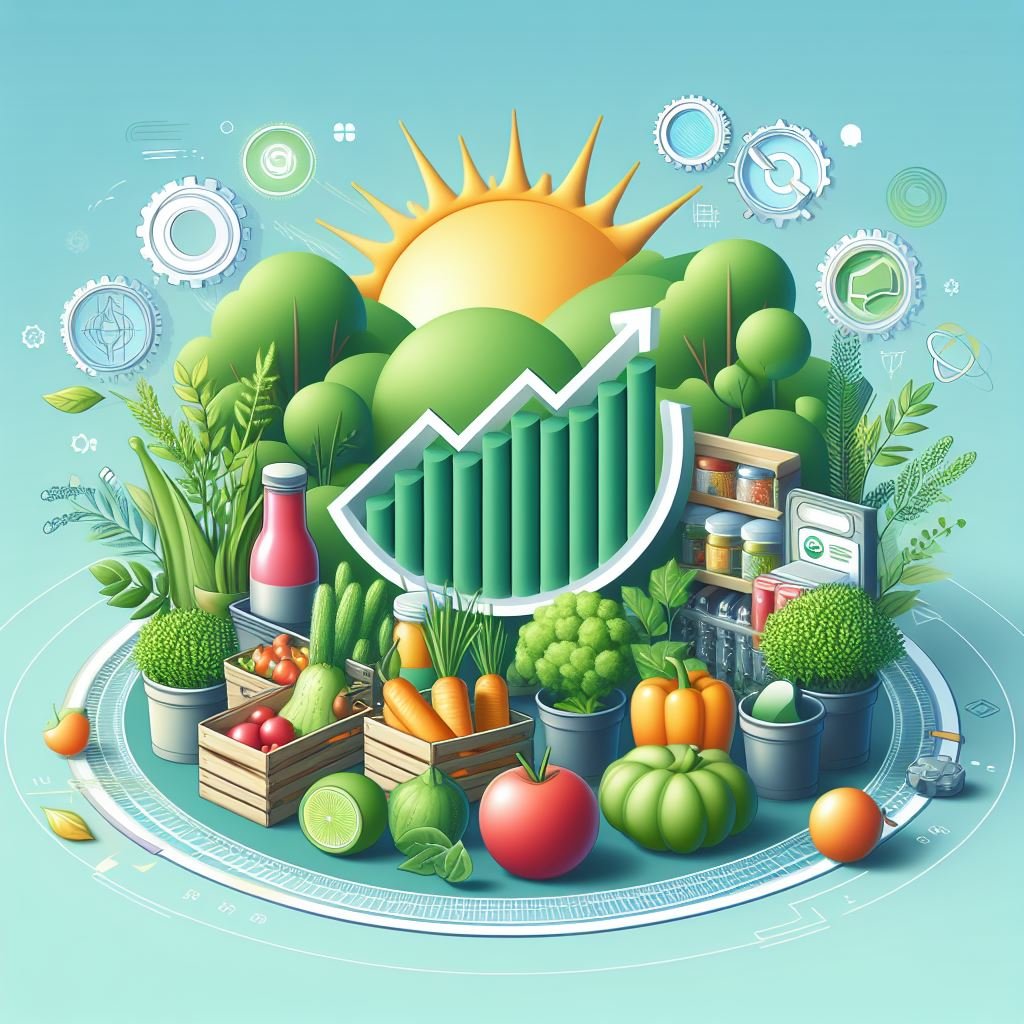In the aftermath of the COVID-19 pandemic, many businesses have faced significant challenges. However, one sector that has seen a surge is the production of organic materials.

In the aftermath of the COVID-19 pandemic, many businesses have faced significant challenges. However, one sector that has seen a surge is the production of organic materials. The cultivation of plants such as roses, saffron, sohanjana, and aloe vera has seen a marked increase. These plants, along with various fruits, vegetables, and herbs, are being used to produce organic cosmetics, medicines, and food items. The demand for these organic products is on the rise.
As the global population increases, the strain on resources and the environment intensifies. Overpopulation leads to the depletion of natural resources, with about one-third of the planet’s resources already consumed and almost two-thirds degraded due to human overexploitation. This demand for resources has led to environmental degradation, habitat loss, and a decline in biodiversity.
Overpopulation also strains natural resources, leading to their depletion and an increased need for sustainable practices. This increased consumption contributes to ecological degradation and a higher risk of large-scale disasters like pandemics.
Overpopulation can lead to poverty and high mortality rates due to a lack of resources. Technological advances that have increased human lifespan and fertility have placed additional pressure on global resources.
Overpopulation results in ecological disruption as resources are depleted. This disruption can lead to the decline of other populations that compete for the same resources. These effects are interconnected and can lead to a cycle of population growth and decline until a balance is reached within a particular ecological niche. Overpopulation is a complex issue that requires a multifaceted approach to address.
The use of fertilisers and other non-organic methods has created problems for human health. Pesticides, such as organophosphates and carbamates, can affect the nervous system. Certain pesticides may cause irritation to the skin or eyes, potentially lead to cancer, affect the hormone or endocrine system in the body, and have been linked to birth defects, neurodevelopmental disorders, and other long-term health outcomes.
Pesticide exposure has also been associated with respiratory diseases like asthma and bronchitis and other diseases like Alzheimer’s, Parkinson’s, amyotrophic lateral sclerosis, infertility, attention deficit hyperactivity disorder, autism, diabetes, obesity, and organ diseases.
The risk associated with pesticides is determined by both the toxicity of the pesticide and the likelihood of exposure. Despite precautions, pesticide residues may still be present on food crops, even after being washed or peeled. This has raised concerns about the safety of consuming foods treated with pesticides.
“Organic food” refers to agricultural products such as fruits, vegetables, grains, and dairy products that are grown and processed without the use of synthetic pesticides, bioengineered genes (GMOs), petroleum-based fertilisers, or sewage sludge-based fertilizers.
As we face the challenges of overpopulation and resource depletion, the shift towards organic agriculture and sustainable practices is not just a trend but a necessity for our future.
